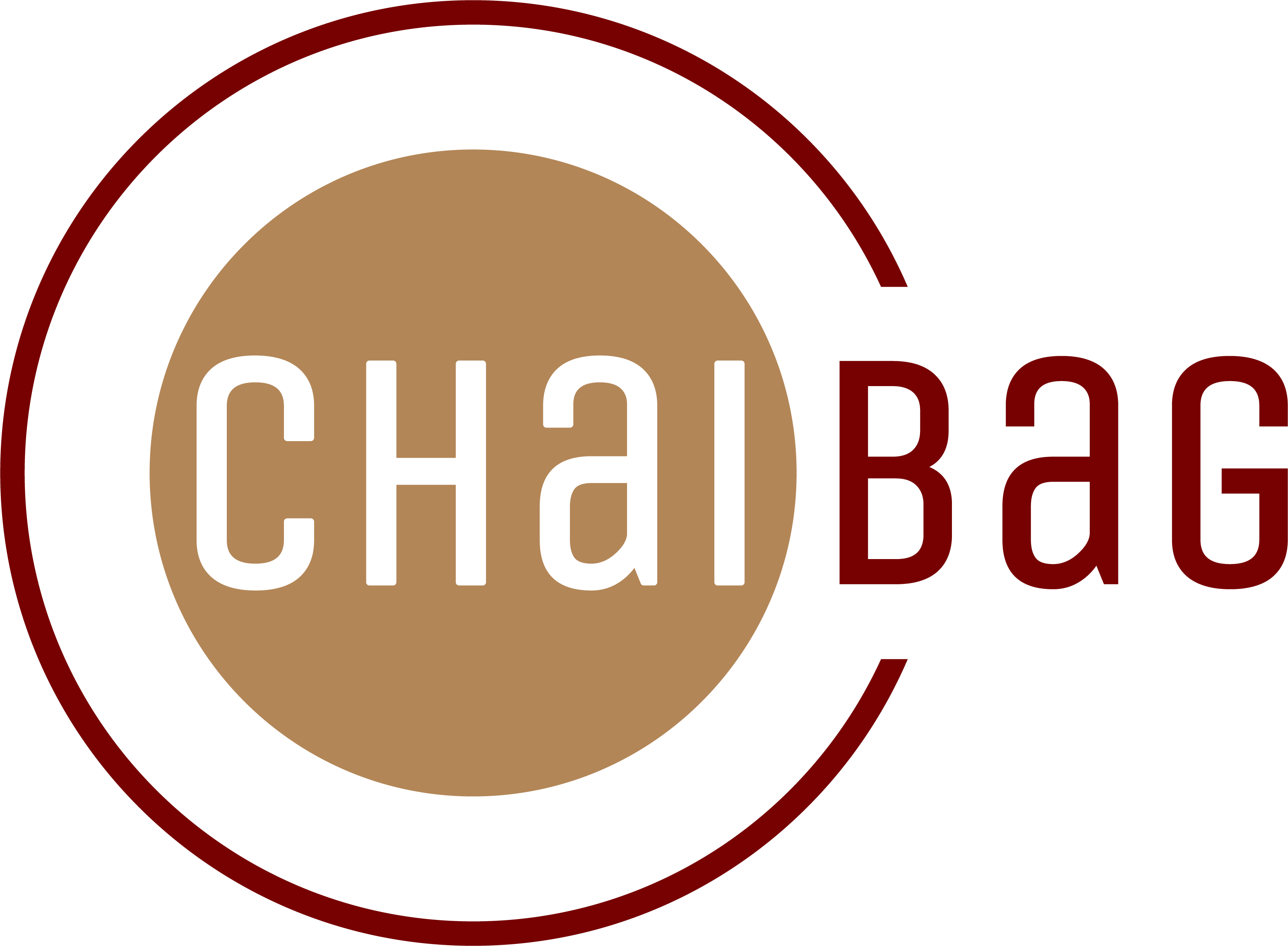With the recent 'chai-tea' dialogue from Spider-Man: Enter the Spider-verse circulating the internet, we decided to weigh in on the correct way to refer to chai. For starters, chai is itself a shorter version of 'Masala Chai,' which is a celebrated beverage in India. Traditional chai is made by boiling black tea, spices, sugar, milk, and occasionally herbs, together in a pot.
'Masala' means spices in Hindi and multiple other Indian languages. In the context of preparing masala chai, masala refers to everything from cinnamon, cardamom, fresh ginger root, star anise, cloves, black pepper - the list goes on! Now coming to 'chai,' we'll need to take a short dive into the rich etymology of tea.
A mini-lesson on the Etymology of Tea
There are three main ways tea is referred to across the world: te, cha, and chai. Each of these words can be traced back to China, where tea - a drink of fermented or fresh leaves infused in water - is believed to have originated. The word tu (荼) was used to describe 'tea' for the first time under the Tang Dynasty (an Imperial Chinese dynasty that ruled between 618 and 907 BCE).
Earlier Chinese texts often used this word in the context of medicinal plants, or 'bitter vegetables.' Through Dutch trade with China, tea (both as a drink and as tea leaves) found its way to Europe and neighboring regions, and so did the word 'tu' - except Dutch pronunciation had altered the word slightly to 'thee,' or tea. Through this early transmission of language, 'tea' is how a majority of the world knows the beverage today.
During this same period, its believed that some parts of China adopted the word 'cha' (or ch'a) for tea as opposed to 'tu.' The variation in the word 'cha' is attributed mainly to Mandarin (as opposed to Chinese). Through trade routes and travelers, the Northern Chinese pronunciation of 'cha' found its way to Persia, where it acquired the '-ai' ending and then became a part of Russian, Arabic, Turkish, and a few other languages. It was in the 20th Century that Chai became a part of English, as a word referring to spiced tea, through Hindi/Urdu.
Today, chai is used to refer to plain black tea in Bulgarian, Arabic, Turkish, and Russian to name a few languages. More commonly (across South Asia, and how its known in the US), chai is used to refer to the spiced Indian tea, or Masala Chai.
The word 'Cha' is a part of Korean, Japanese, Portuguese, and even a few Indian languages!
So, what is 'chai tea,' really?

So, now that we've explored the origins of the word tea, we can turn our attention back to Pavitr Brabhakar's hilarious quip at Miles Morales: "What did you just say? Chai tea?!"
As we just learnt, there's three words used across the world, all with the same Chinese roots, that refer to tea. 'Chai' and 'Tea' are two of them. Saying 'chai tea' really is just saying 'tea tea!' It would be more accurate to call it just chai, or maybe even masala tea. It's like our name: ChaiBag, where it literally means (Indian Spiced) teabag!
Tea-ming up words isn't always bad.
Its important to remember that language is always changing, and combinations like 'naan bread' and 'chai tea' are bound to happen as words travel between languages. After all, to someone who's never heard the word chai, 'chai tea' can tell them it's a type of tea! It's the same way we refer to matcha as matcha tea to signify that its a type of tea. From our mini-tea etymology lesson, we know that the 'cha' part means tea, and the 'mat-' comes from the word 'matsu' which means 'to rub' or 'to wipe' in Japanese. 'Matcha tea' literally translates to 'ground tea tea!' You learn something new everyday.
Give chai a try!
If you're someone who's never heard of (or tried) Masala chai before, we've got you covered! It's quite easy to make chai at home in just a few minutes, and we have the perfect recipe for you!

